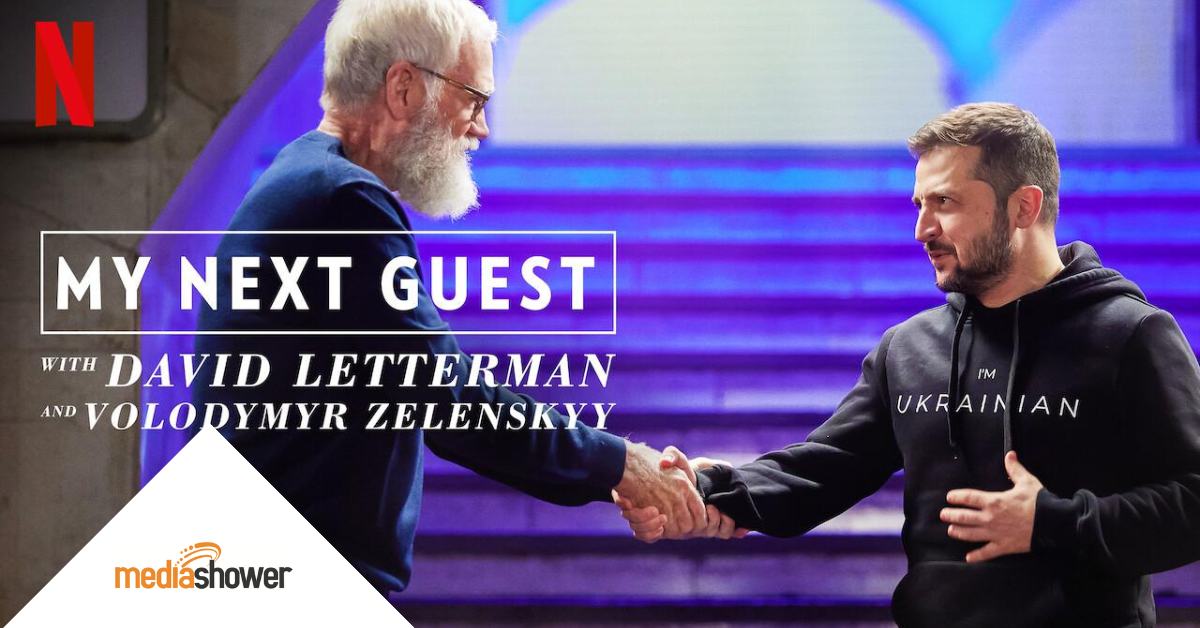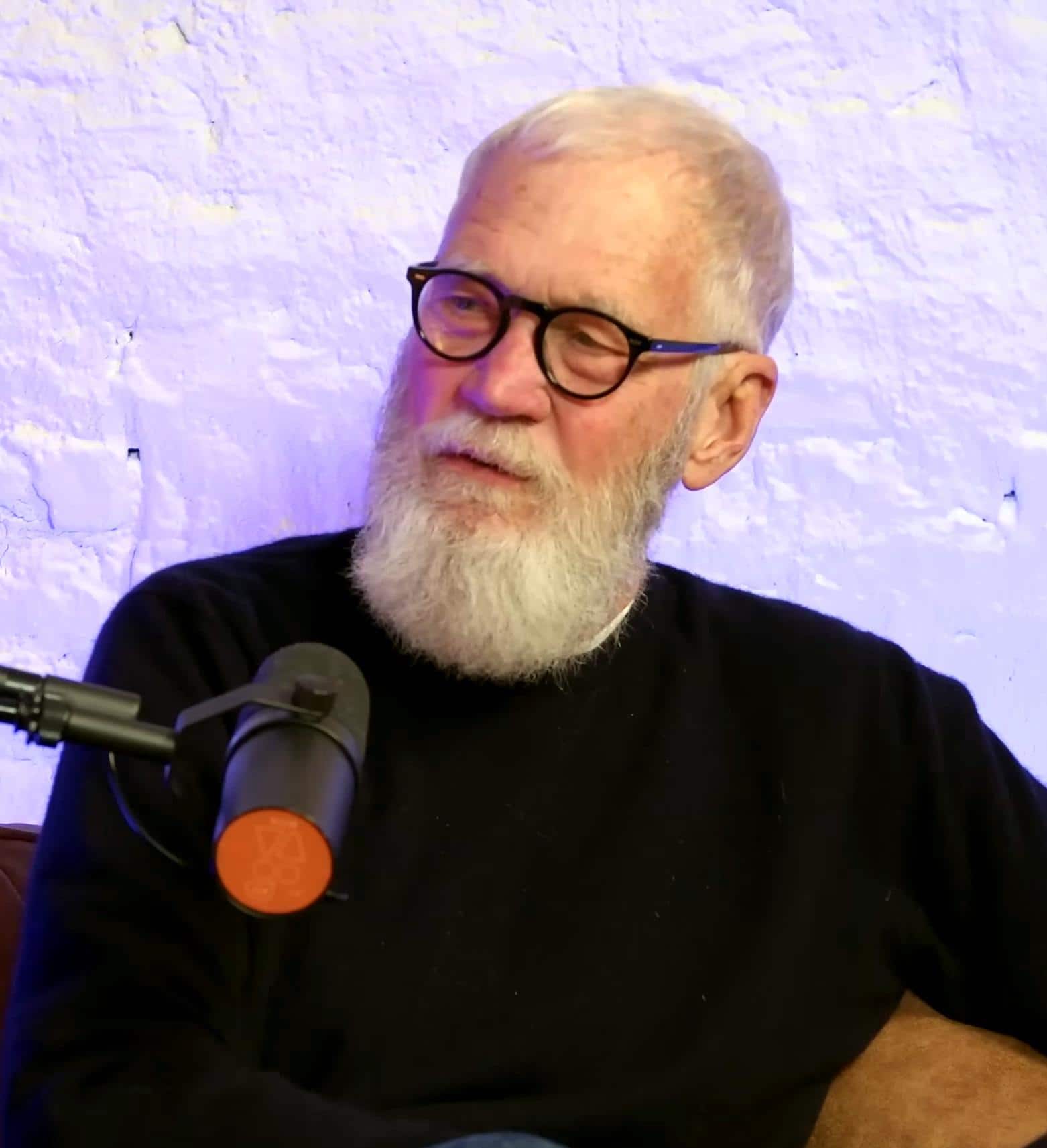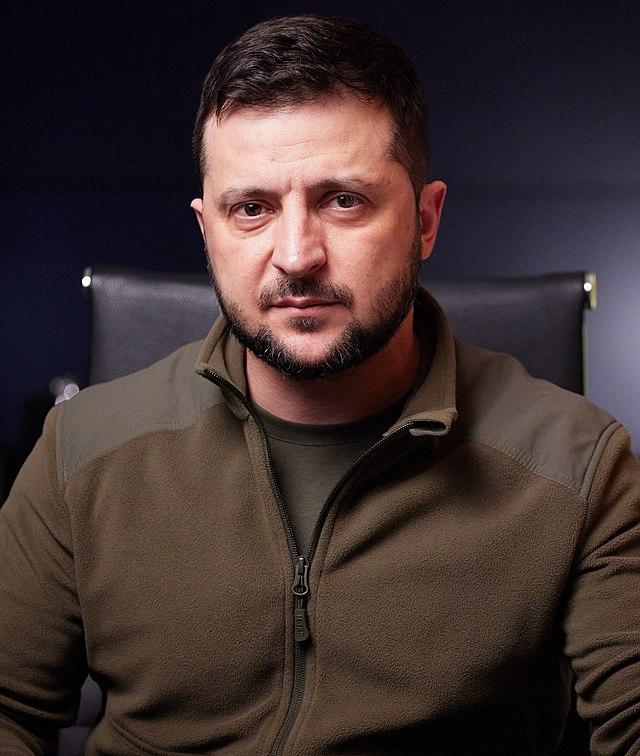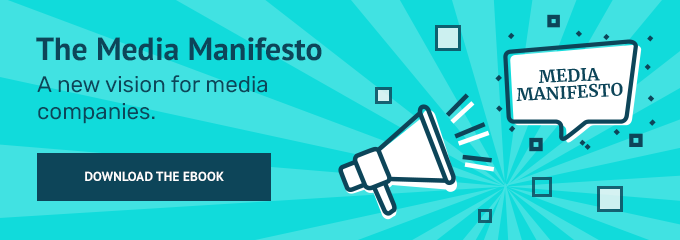
TLDR: In 2022, David Letterman traveled to war-torn Kyiv and sat for an interview with Ukrainian President Zelenskyy in Kyiv. Through a 45-minute talk on a live subway platform (!), Zelenskyy practices humor and compassion to articulate the importance of human resilience amidst adversity.
So What? Talking and presenting oneself as a leader is challenging in the best of times. Throughout this interview, Zelenskyy shows the vital skills of creating ethos, using humor, and making a human connection. It’s what makes him an outstanding communicator, even in the seemingly darkest times.
In October 2022, legendary talk show host David Letterman went to war-torn Kyiv to interview Ukrainian President Volodymyr Zelensky. According to an interview Letterman gave to the Washington Post, he went to the Ukraine because:
“Forget the show. Forget me. This is a good idea, period. We’ve had six to eight years of people talking like we were visiting another planet. And then suddenly Russia attacks Ukraine and we meet Volodymyr Zelenskyy and he’s saying things and behaving in a way we have not seen manifested by humans in quite a long time. The first time I saw him, he said, “This may be the last time you, my countrymen, maybe the last time you see me alive.” And then he says, “I don’t need a ride, I need ammunition.” Right away you’re reminded of what you know about Winston Churchill fending off Hitler.”
While going into the heart of an active warzone to get an interview isn’t something you’d usually associate with the former late-night talk show host, the event turned out to be a master class in rhetoric, messaging, and leadership from one of the most notable leaders in the world.
Here’s what great communicators can learn from this incredible interview.
Use Context and Ethos to Bring Audiences Into Your Message
The interview takes place in “the safest place in Kyiv,” a few hundred feet underground, on a live subway platform. Trains go by every few minutes. Visually, it is a stark reminder of the situation in Ukraine–namely, that it is still actively fighting a war against an aggressor and lives under the constant threat of bombing.
More important, however, is the work that both Letterman and Zelenksyy do to humanize the experience, particularly for those in the West.
Letterman begins each section of his interview by telling a story about his experience. He talks about the 14-hour train journey into the heart of Ukraine, what he experiences when he wakes up daily, and his interviews with citizens. Rather than put these clips at the start of the interview, he opens each section of questions with a different experience. These frame the questions, and Zelenskyy’s answers, within the narrative of war and struggle that all Ukrainians face.
In his classical work Rhetoric, this is what Aristotle calls “ethos.” In simple terms, ethos is a speaker or subject’s reputation and how it impacts the message they give.
More accurately, however, ethos refers to a speaker or writer’s position for the audience. How much do they know about this subject? How close are they to it?
Through these segments, Letterman establishes an emotional connection with the audience. However, by placing them in front of Zelenksyy’s answers, he also establishes the Ukrainian president as a wartime leader fighting for his country who should be taken seriously.
It’s hard to overstate the importance of using context to create an ethos for your message, whether delivered by you, or on behalf of your company. It gives the audience space to trust, identify, and learn.

Use Education and Teaching as a Form of Connection
In the beginning, Letterman asks Zelenskyy about the Ukrainian flag, to which he responds:
Yellow color is our land, it is our bread. And blue is our sky. The color of life, space, and freedom. And it is not by chance that there are no planes, missiles, or traces of gunshots on the flag in this sky. So, for me, these two colors are the colors of the state where I was born and for which we are fighting.
Letterman also spends time with questions focused on Zelenskyy as a human rather than a public figure. This includes a discussion of living with his family in a war zone:
Our children know more about war than we do. My 9-year-old son knows the names of all types of weapons; this information is not from me. Children are at the heart of this war.
In this sense, it is easier for me than other parents because I rarely see my children. And when I have such an opportunity, they are pleased. Sometimes, they do not care what I say, it is important that I am near and hug them.
This might seem “fluffy,” but it is far from it. As communicators, we must understand that most people, whether customers or citizens of any country, are inundated with “information.” News, memes, editorials… all of which can make our messages sterile and distant to the audience.
Letterman spends time to ground our understanding of this conflict and of Zelenskyy as human participants in a terrible situation. We listen because we care.

Bring Your Audience Back To the Message
While the overall message of the interview is the humanizing of this war, Letterman and Zelenskyy don’t lose sight of what is at stake: democracy and freedom.
This exchange, in particular, shows how Letterman asks a larger-scale question that allows Zelenskyy, now a humanized figure, to turn us back to the larger question of the war:
Letterman: When we talk about authoritarianism, I cannot imagine why people are attracted to this form of government rather than the struggle for democracy.
Zelenskyy: They (Russians) will fight for democracy when they realize that full-scale isolation from the entire civilized world has come. And there is one way out of this isolation – respect for international law, and that is democracy. To recognize sovereignty, territorial integrity… The issue is not in Ukraine, it is an issue in all states – Georgia, Moldova.
No one shakes hands with today’s leadership of the Russian Federation. In all senses of the word. They are not at competitions, world championships, in the cultural space, at Oscar-winning sites. This is isolation, this is the fact that they do not shake your hand. Russia has become a symbol of emptiness, something very unpleasant.
By framing his enemy in stark, black-and-white terms, Zelenskyy makes it clear that democracy opens doors, while authoritarianism closes them. Great communicators highlight and sharpen the difference between the two options, and make it clear what we’re fighting for.
Finding Joy to Express Hope
Midway through the interview, Letterman brings up Zelensky’s past as a performer and a comedian and asks if it is possible to make jokes during or about the war. Letterman wonders if making jokes is disrespectful or dismissive of the tragedy of war.
Zelenskyy replies with a joke about Russia, then replies:
“Humor is a part of one’s being. A sense of humor is very important. It’s important, and it helps one not to lose their mind. You know, there is this genre of drama and comedy. A tragicomedy. And all those people in trenches, those who are here, those passing by in a subway car, all these people on their way to work, all of us are working so that life continues. And we resort to humor to raise our spirits.”
Marketing Takeaways
At one point early in the interview, air raid sirens sound loud enough to stop the proceedings. When Letterman nervously asks if they are OK, Zelesnkyy says they are fine. Letterman responds with a self-effacing, “In any other circumstance, that wouldn’t be reassuring. But with you, I’m reassured.”
Being a leader is about being human and communicating that humanity from a position of confidence, hope, and progress. Zelenksyy isn’t performing here, but through tactical use of ethos, sympathy, and a collective understanding of the drive to freedom and peace, his answers get to the heart of what it means to lead a people at war.
Final Note: As of this writing, Russia has been waging war on Ukraine for almost 600 days. The Russian military isn’t limiting itself to military-specific engagements. They are targeting civilians, too: dropping precision missiles on cafes in small villages, apartment buildings, markets, etc. Reports from the Ukrainian military say they expect Russia will launch a “record number” of drone attacks this winter (there were 500 Russian drone attacks in September alone).
If you want to help the people of Ukraine, you can find ways to do that on the State Department’s website.
If you need help crafting a compelling message about important change, Media Shower has what it takes to break through and find ways to communicate your ideals powerfully.
Read more about our vision in The Media Manifesto A new vision for media companies.
